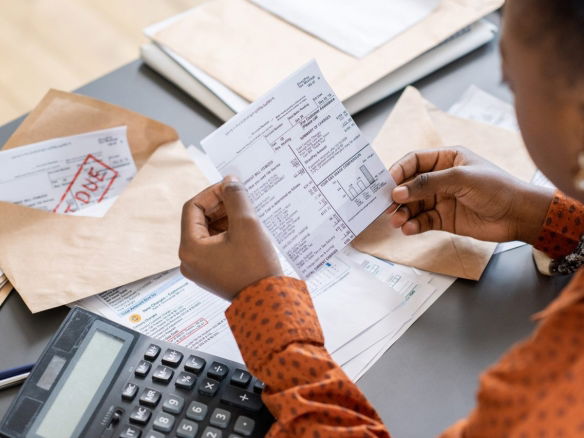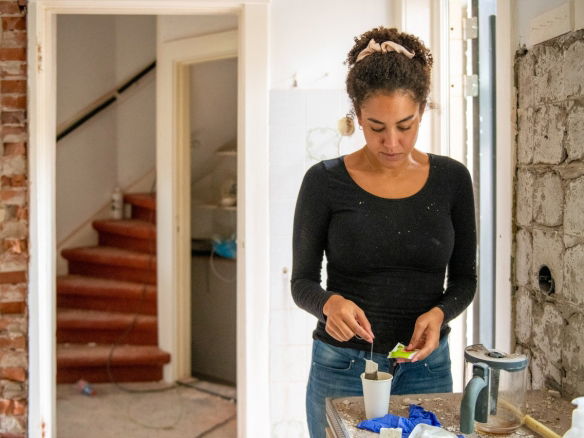Leveraging home equity as a down payment for a new property has gained traction among Jamaican homeowners. This strategy allows you to tap into the wealth stored in your home to secure another asset. However, this financial move requires a thorough understanding of the pros and cons, the Jamaican real estate landscape, and key considerations to make the most of your equity.
Understanding Home Equity
What is Home Equity?
Home equity is the difference between the current market value of your property and the amount you owe on your mortgage. As you pay down your mortgage or as property values increase, your equity grows.
For example, if your home is worth J$20 million and your mortgage balance is J$8 million, your equity is J$12 million.
How to Use Home Equity as a Down Payment
There are two primary ways to access your home equity:
- Home Equity Loan: A lump sum loan using your home as collateral. This loan comes with a fixed interest rate and repayment period, typically up to 15 years in Jamaica.
- Home Equity Line of Credit (HELOC): Works like a credit card with a revolving credit limit. You can borrow as needed and only pay interest on the amount used. However, HELOCs are less common in Jamaica.
Once you access your equity, you can use it as a down payment for another home, reducing your need for additional financing.
Pros of Using Home Equity
- Boosts Purchasing Power
Using home equity can help you make a larger down payment or even purchase a property outright. This gives you an edge in competitive markets and can reduce your reliance on traditional financing. - Potential for Lower Interest Rates
Home equity loans often come with lower interest rates compared to personal or unsecured loans. In Jamaica, interest rates for home equity loans typically range from 8% to 10%, significantly lower than credit card rates. - Avoiding Private Mortgage Insurance (PMI)
If you can put down 20% or more on your new property, you can bypass PMI, saving thousands annually. - Retain Cash Flow for Emergencies
Unlike using your savings for a down payment, tapping into your home equity allows you to maintain liquidity for unexpected expenses or investments. - Debt Consolidation
Homeowners often use home equity to consolidate high-interest debt, such as credit cards and personal loans, into one manageable payment.
Cons of Using Home Equity
- Risk of Foreclosure
Your home is collateral for the loan. Missing payments can lead to foreclosure, putting your primary residence at risk. - Higher Upfront Costs
Applying for a home equity loan involves costs such as property valuation, survey fees, legal fees, and loan processing fees. These costs can range from J$100,000 to J$500,000 depending on the lender. - Multiple Loan Payments
If your new property requires a mortgage, you’ll be managing payments for the home equity loan, the primary mortgage, and the new mortgage, which can strain your finances. - Property Value Fluctuations
Real estate markets can be volatile. A decline in property values could reduce your equity, affecting your financial stability. - Strict Qualification Requirements
Jamaican financial institutions often require a strong credit history, stable income, and significant home equity before approving a loan. Younger homeowners may face challenges qualifying for these loans.
The Jamaican Real Estate Market
Rising Property Values
Over the past decade, Jamaica has seen significant growth in property values, particularly in urban areas such as Kingston, Montego Bay, and Ocho Rios. This trend has provided homeowners with more equity to leverage for property purchases.
Government Initiatives
The National Housing Trust (NHT) offers programs such as the Revised First Step Housing Programme, which encourages younger contributors to invest in starter homes. These initiatives aim to make homeownership more accessible while enabling homeowners to build equity.
Popular Lenders
Major financial institutions such as JN Bank, NCB, and Sagicor offer home equity loans with competitive terms. Borrowers can access up to 85% of their home’s value with flexible repayment options.
Key Considerations Before Using Home Equity
- Evaluate Your Financial Health
Before taking out a home equity loan, assess your income stability, monthly expenses, and existing debt obligations. - Plan for Emergency Funds
Ensure you maintain an emergency fund to cover at least six months of expenses. This cushion can protect you if your financial situation changes unexpectedly. - Understand Loan Terms
Review interest rates, repayment terms, and fees. Opt for fixed rates if possible to avoid fluctuations in monthly payments. - Consult Financial Experts
Speak with a financial advisor or mortgage broker to explore your options and determine the best course of action based on your goals.
Case Study: Leveraging Equity in Jamaica
Let’s consider John, a homeowner in Kingston with a home valued at J$25 million and a remaining mortgage of J$10 million. John’s equity is J$15 million. He decides to take a home equity loan for J$7.5 million to buy an investment property in Montego Bay.
John’s investment yields rental income, which covers the loan repayments while increasing his wealth. However, unforeseen market fluctuations could affect both property values and rental income, emphasizing the need for a well-thought-out plan.
FAQs
Can I use home equity to buy an investment property?
Yes, home equity can be used to purchase rental or commercial properties, which can generate additional income.
Are home equity loans available for properties still under mortgage?
Yes, as long as you meet the lender’s equity and credit requirements.
What documents are required for a home equity loan in Jamaica?
You’ll need property valuation reports, proof of income, survey ID, and recent mortgage statements.
How long does it take to process a home equity loan?
It typically takes 4-8 weeks, depending on the completeness of your documentation and the lender’s processes.
What happens if I can’t repay my home equity loan?
Failure to repay can result in foreclosure, where the lender seizes and sells your home to recover the loan balance.
Conclusion
Using home equity as a down payment for another property in Jamaica can be a powerful tool for wealth building and financial growth. However, it comes with significant risks that require careful planning and financial discipline. By understanding the local real estate market, evaluating your financial situation, and seeking professional advice, you can make informed decisions to maximize the benefits of home equity.
Searching for your next property? Browse the latest on the market here.





